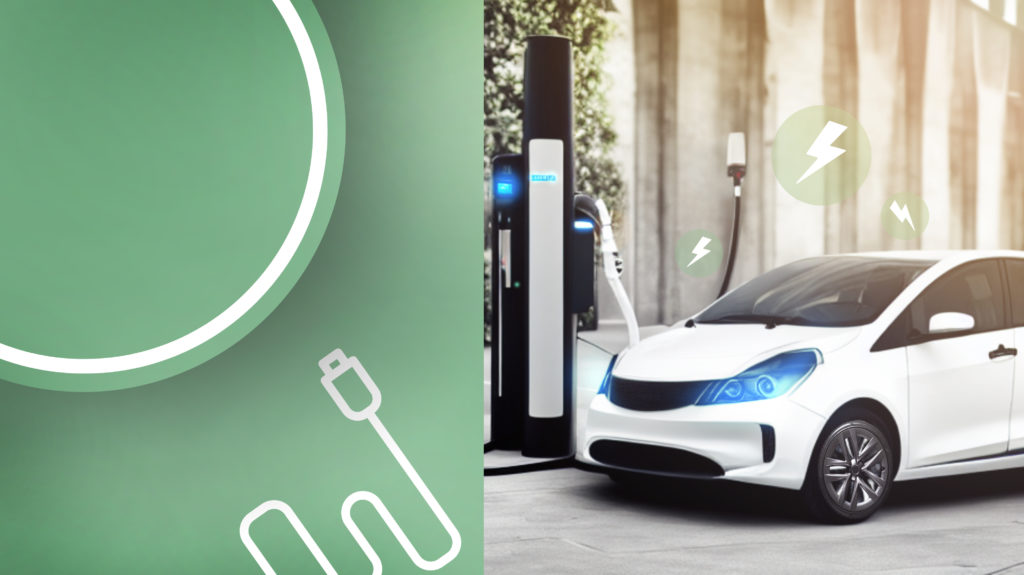
In the relentless pursuit of a sustainable future, the automotive industry is undergoing a transformative shift towards electric vehicles (EVs). Charging Station Initiatives are at the heart of this change, playing a pivotal role in accelerating the adoption of electric mobility and ushering in a new era of clean and efficient transportation.
The Rise of Electric Vehicles:
The global push for reduced carbon emissions and increased environmental sustainability has fueled the rise of electric vehicles. Governments, corporations, and individuals are recognizing the need to transition from traditional combustion engines to cleaner alternatives. Charging Station Initiatives emerge as catalysts for change in this landscape, addressing the critical need for robust EV charging infrastructure.
1. Access to Charging Infrastructure:
One of the primary objectives of Charging Station Initiatives is to make EV charging accessible to all. These initiatives eliminate the range anxiety often associated with electric vehicles by strategically placing charging stations in urban centers, highways, and public spaces. Increased accessibility encourages more individuals to consider electric vehicles as viable options for their daily commute.
2. Promoting Sustainable Mobility:
Charging Station Initiatives contribute significantly to the promotion of sustainable mobility. As more electric vehicles populate the roads, the demand for traditional fossil fuels diminishes, reducing the overall carbon footprint of transportation. This shift aligns with global efforts to combat climate change and create a more sustainable future for generations to come.
3. Public-Private Partnerships:
Successful Charging Station Initiatives often involve collaborations between the public and private sectors. Governments, local authorities, and private companies join forces to establish a comprehensive and well-distributed charging infrastructure. Public-private partnerships play a crucial role in overcoming financial barriers and leveraging the expertise of both sectors to create a robust and efficient charging network.
4. Technological Advancements:
The rapid evolution of technology plays a key role in the success of Charging Station Initiatives. Smart charging solutions powered by the Internet of Things (IoT) allow for real-time monitoring, data analytics, and seamless user experiences. These technological advancements not only enhance the efficiency of charging stations but also contribute to the overall appeal of electric vehicles.
5. Economic and Environmental Benefits:
Charging Station Initiatives generate positive economic and environmental ripple effects. Increased adoption of electric vehicles stimulates job growth in the renewable energy and technology sectors. Additionally, the reduction of air pollution and dependence on finite fossil fuels enhances the overall environmental health of communities.
6. Community Engagement:
Successful Charging Station Initiatives involve community engagement to ensure that the infrastructure meets the needs of the local population. Public awareness campaigns, educational initiatives, and community outreach programs play a vital role in fostering a positive attitude toward electric mobility. This engagement builds a sense of collective responsibility and pride in driving positive change.
Charging Station Initiatives stand as beacons of change in the journey towards sustainable transportation. By addressing accessibility challenges, promoting sustainable mobility, fostering public-private partnerships, leveraging technological advancements, and reaping economic and environmental benefits, these initiatives are steering us toward a future where clean and efficient electric vehicles dominate the roads. As we continue to drive change through Charging Station Initiatives, we pave the way for a brighter, greener, and more sustainable tomorrow.